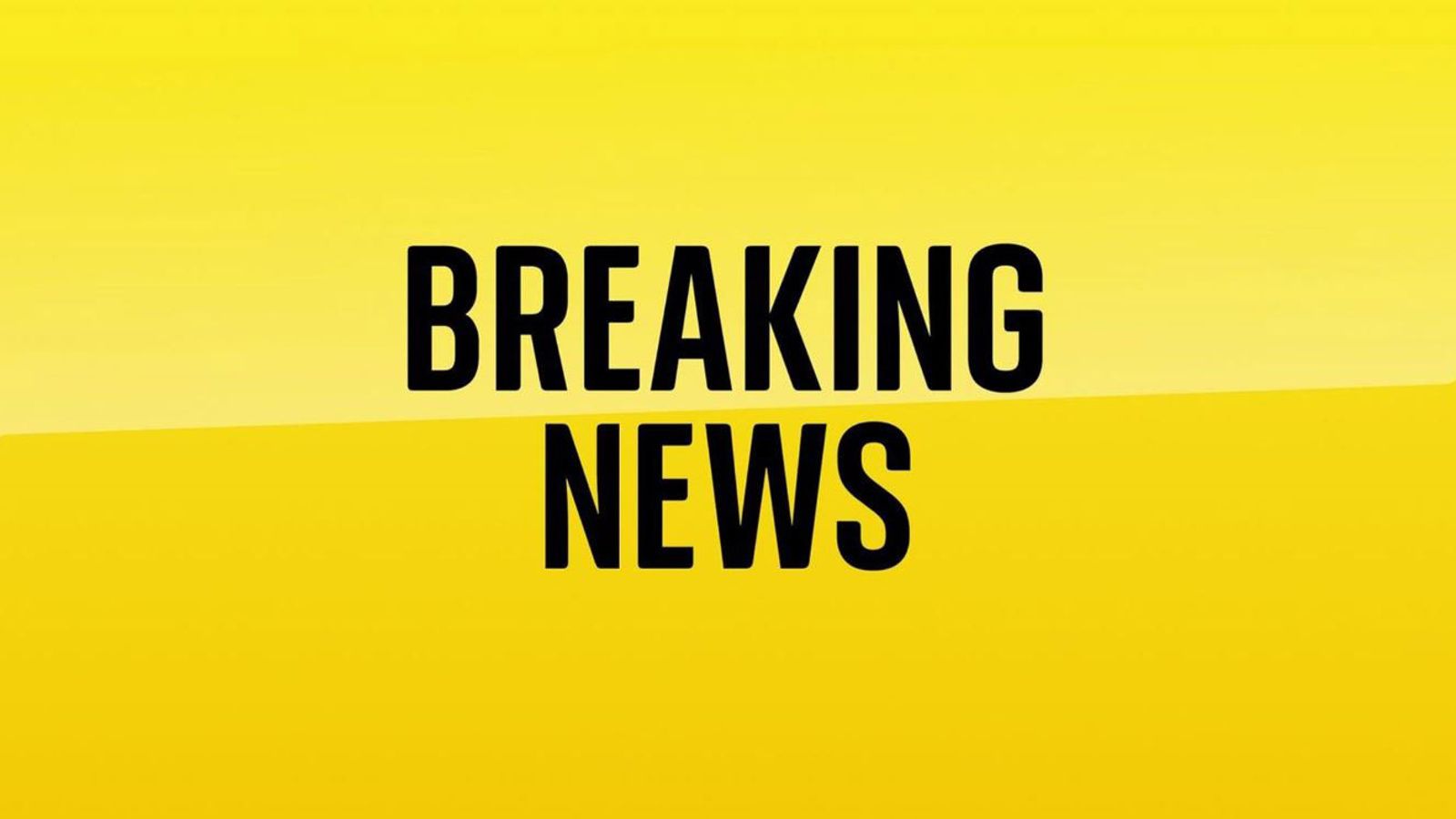Landmine explosions have caused multiple North Korean causalities after troops were reported to have crossed into the demilitarised zone on the border with South Korea.
The Yonhap news agency reported that South Korea’s military had fired warning shots at the North Korean’s during the incursion.
Citing Seoul’s Joint Chiefs of Staff, they reported around 20 to 30 North Korean troopers were working near the heavily fortified demilitarised zone (DMZ) as a landmine exploded.
An official said the incident appeared to be accidental, but the South’s military carried out warning broadcasts and warning shots over the incursion.
It comes as Russia’s President Vladimir Putin begins a visit to Pyongyang, and marks the second border violation in just two weeks.
South Korea’s military fired warning shots after about 20 North Korean soldiers briefly crossed the border near the start of June.
That followed a recent rise in tension over North Korea’s launch of balloons carrying trash into the South, as well as South Korea restarting “unbearable” propaganda broadcasts for the first time since 2018.
Seoul also said it has seen increased North Korean construction activity in frontline border areas, such as installing suspected anti-tank barriers, reinforcing roads and planting land mines.
This breaking news story is being updated and more details will be published shortly.
Please refresh the page for the fullest version.
You can receive Breaking News alerts on a smartphone or tablet via the Sky News App. You can also follow @SkyNews on X or subscribe to our YouTube channel to keep up with the latest news.
